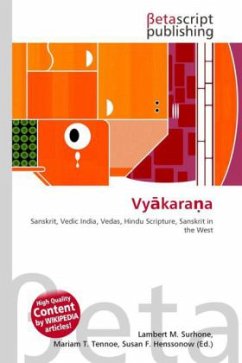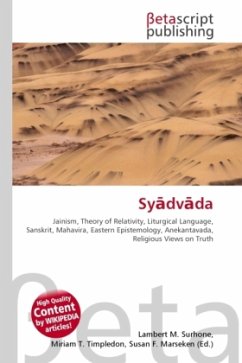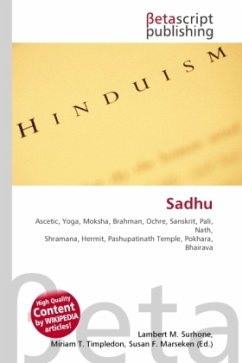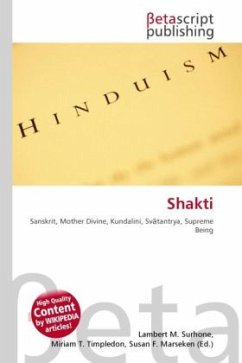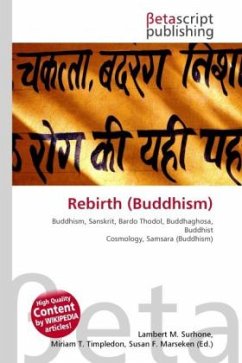Please note that the content of this book primarily consists of articles available from Wikipedia or other free sources online. The Sanskrit grammatical tradition of vy kara a (Devanagari) is one of the six Vedanga disciplines. It has its roots in late Vedic India, and includes the famous work, A dhy y , of P ini (ca. 4th century BCE). The impetus for linguistic analysis and grammar in India originates in the need to be able to obtain a strict interpretation for the Vedic texts. The work of the very early Indian grammarians has been lost; for example, the work of Sakatayana (roughly 8th c. BCE) is known only from cryptic references by Yaska (ca. 6th-5th c. BCE) and Panini. One of the views of Sakatayana that was to prove controversial in coming centuries was that most nouns are etymologically derivable from verbs.
Bitte wählen Sie Ihr Anliegen aus.
Rechnungen
Retourenschein anfordern
Bestellstatus
Storno

